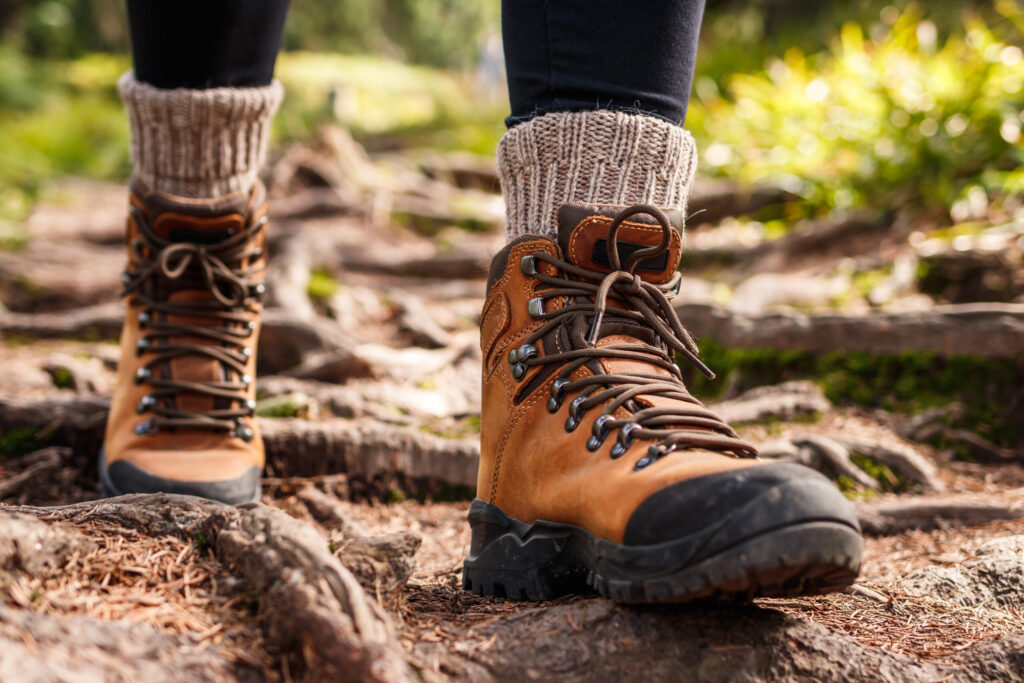Harnessing the Power of Exercise in Addiction Recovery A Path to Sobriety

Why Should I Prioritize Exercise in Addiction Recovery?
Recovery from addiction is a multifaceted journey. As part of a treatment plan that also incorporates traditional methods like therapy and medication, physical exercise is a tool that can significantly enhance recovery. In this blog, we’ll cover the importance of exercise during addiction recovery and why it should be an integral part of any recovery program.
Exercise for Addiction Recovery
For individuals in addiction recovery, an exercise routine can be a powerful ally. Numerous studies have shown that regular physical activity can significantly reduce the risk of relapse and improve overall well-being during recovery. But why is exercise so effective?
First, exercise provides a healthy outlet for stress relief. Many people turn to drugs or alcohol to manage stress and negative emotions. By incorporating exercise into their routine, individuals in recovery can find a healthier, more sustainable coping tool. Whether it’s hitting the gym, going for a run or practicing yoga, exercise releases endorphins: chemicals in the brain that act as natural mood lifters. These endorphins help to combat feelings of anxiety and depression that may arise in addiction recovery.
The Emotional Benefits of Exercise
Beyond stress relief, exercise offers a myriad of emotional benefits that are particularly valuable during addiction recovery. Regular physical activity has been shown to improve self-esteem and body image, both of which can suffer during periods of substance abuse. Engaging in exercise provides individuals with a sense of accomplishment, boosting confidence and self-worth.
Additionally, exercise serves as a healthy distraction from cravings and triggers. When immersed in physical activity, individuals are less likely to dwell on thoughts of using drugs or alcohol. Instead, they are focused on the present moment, allowing them to break free from the cycle of addiction and build resilience against relapse.
As an added bonus, the gym or exercise classes are a great place to connect with other individuals who are focusing on their health and well-being.
Exercise and Sobriety: A Winning Combination
One of the most significant benefits of exercise during addiction recovery is its positive impact on sobriety. Studies have shown that individuals who regularly engage in physical activity are more likely to maintain long-term sobriety compared to those who don’t. This is partly because exercise helps repair the brain’s reward system, which is often impaired by substance abuse.
Exercise also promotes healthy habits and routines, replacing the time and energy once devoted to addiction with constructive activities. Whether it’s attending fitness classes, participating in team sports or simply going for walks, exercise becomes a new, positive habit that reinforces sobriety.
Exercise as a Supplemental Tool for Recovery
While exercise can help with your recovery effort, just focusing on your fitness alone isn’t enough to overcome addiction. Exercise must be part of a comprehensive recovery plan that includes therapy, support groups and medication if needed. When incorporated into an individual’s overarching care plan, exercise can enhance the effectiveness of other treatments and improve their quality of life.
Whether you are on the road to recovery or supporting a loved one through their journey, don’t underestimate the power of exercise. By making physical activity a priority, individuals can improve their chances of long-term sobriety and reclaim control of their lives.








